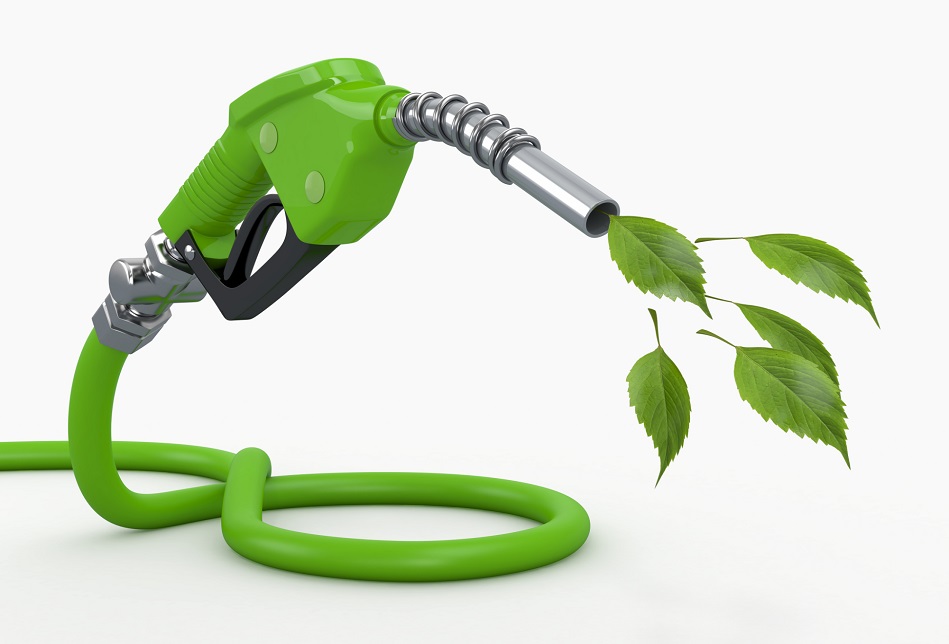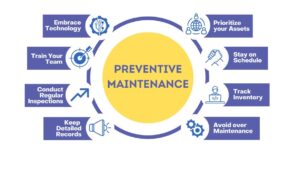The dynamic construction industry relies on heavy-duty vehicles. This implies fuel efficiency and fleet management are crucial. Fuel efficiency is the optimal use of energy for vehicles. When integrated into fleet management methods, it becomes a success factor.
Fuel efficiency goes beyond cost-cutting to be a strategic goal and environmental duty. Fuel efficiency can reduce operational costs and environmental impact.
When we combine this key notion with construction fleet management, its importance grows. Fleet management includes buying, maintaining, tracking, and optimizing a company’s vehicles. Construction requires efficient fleet management due to tight deadlines and multiple project sites.
This post will explain how fleet management and fuel efficiency in construction work together. We’ll discuss why fuel efficiency is important and the best practices to streamline operations, decrease costs, and make construction more sustainable. Join us as we explore how to achieve fuel efficiency in the construction industry with fleet management.

1. Educate on Fuel Efficiency Importance:
Being fuel-efficient is not only a way to save money; it’s also a way to protect the earth. Construction companies should put fuel efficiency first. It helps them reduce the carbon footprints and operating costs at the same time. According to the Environmental Protection Agency (EPA), the construction industry can reduce fuel consumption by 15% by optimizing processes.
2. Identify Fuel Efficiency Challenges:
Construction fleets often have problems with inefficient routing, idling, and poor vehicle upkeep. Heavy duty vehicles without these problems can save a lot of money and help the environment. For example, cutting down on idle time by 10 minutes a day for each vehicle can save almost 25% of fuel over a year.
3. Introduce Technological Solutions:
Technology plays an important role in helping manage a fleet of heavy duty vehicles. Especially telematics and GPS tracking systems, which provide companies real-time insights into vehicle performance and location. This helps in efficient route planning & reducing fuel costs over time. Though there is an upfront investment, they give multifold returns in the long run. This results in significant saving of time and fuel for the fleet.
4. Promote Maintenance Best Practices:
Keeping up with regular vehicle maintenance is the key to saving fuel. It is very important to do regular repair checks on time and follow the manufacturer’s suggested schedules. A vehicle with regular checks not only uses less fuel but also works more reliably because there are no unexpected breakdowns. It cuts down on downtime and boosts the efficiency of the fleet.
5. Optimize Vehicle Routing and Planning:
Planning your routes ahead of time can help you use a lot less fuel. Using software and technologies for route planning helps cut down on waiting time. It helps fleets avoid congestion, and get the most out of trip distances. Using these tactics not only saves fuel but also makes the fleet more productive.
6. Encourage Fuel-Efficient Driving Practices:
Driver behavior plays a crucial role in fuel efficiency. Educating and incentivizing drivers to adopt fuel-efficient habits can lead to large savings. Providing training and feedback on driving performance can create a culture of fuel-consciousness.
7. Explore Alternative Fuels and Technologies:
To achieve sustainability goals, construction fleets can explore alternative fuels such as biodiesel or compressed natural gas. Incorporating electric or hybrid vehicles for specific tasks also offers greener options. This helps contribute to a more environmentally friendly operation.
8. Calculate and Showcase Savings:
Measure the impact of your fuel efficiency initiatives with precision. Utilize tracking tools to quantify reductions in fuel consumption, maintenance, and overall operational costs. Leverage real-world examples and case studies to illustrate savings, transparency and trust among your team and clients. Highlighting these metrics not only validates your efforts but also serves as a compelling call to action for the industry to embrace sustainable and cost-effective construction fleet management.
9. Address Regulatory and Environmental Considerations:
Understanding and complying with regulatory requirements related to emissions and fuel efficiency is crucial. Adhering to these standards not only avoids penalties but also aligns with broader environmental sustainability objectives.
10. Create an Actionable Plan:
Now that we’ve gone over the details of construction fleet management and fuel efficiency. It’s time to turn this information into a plan of action. Implementing strategies for saving fuel needs a planned approach. Construction companies can enjoy a step-by-step guide to ensure a smooth process.

By following these tips, construction companies can reduce the fuel consumption of the fleet. It will help the company become a leader in the industry when it comes to running operations. The processes can become both environmentally friendly and cost-effective. To be successful at managing a construction fleet for a long time, you should take advantage of the new available technologies, put ongoing training first, and encourage a mindset of always getting better. Let TransportSimple help you achieve your goals.






Leave a Reply